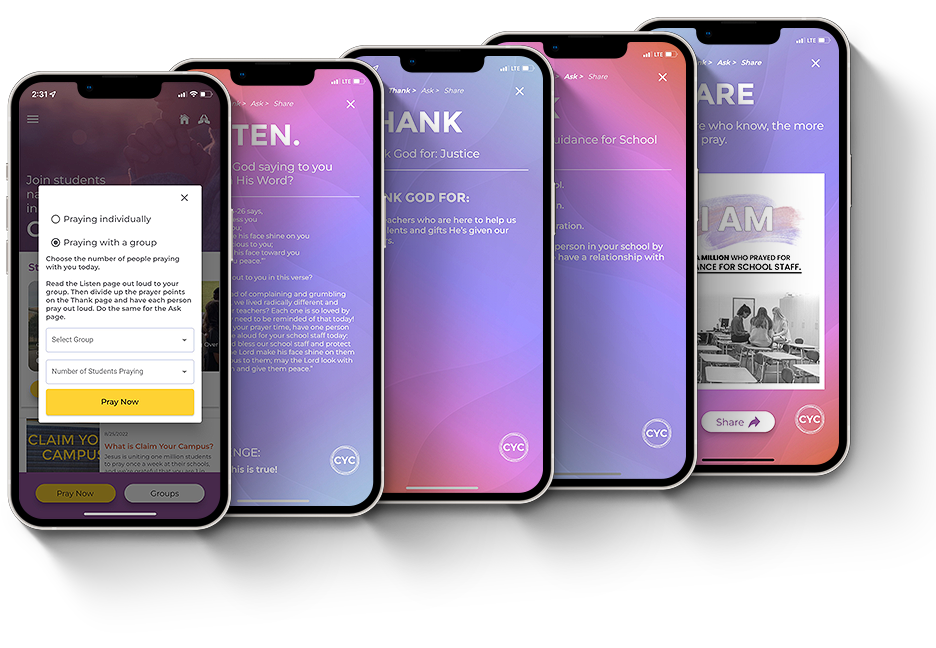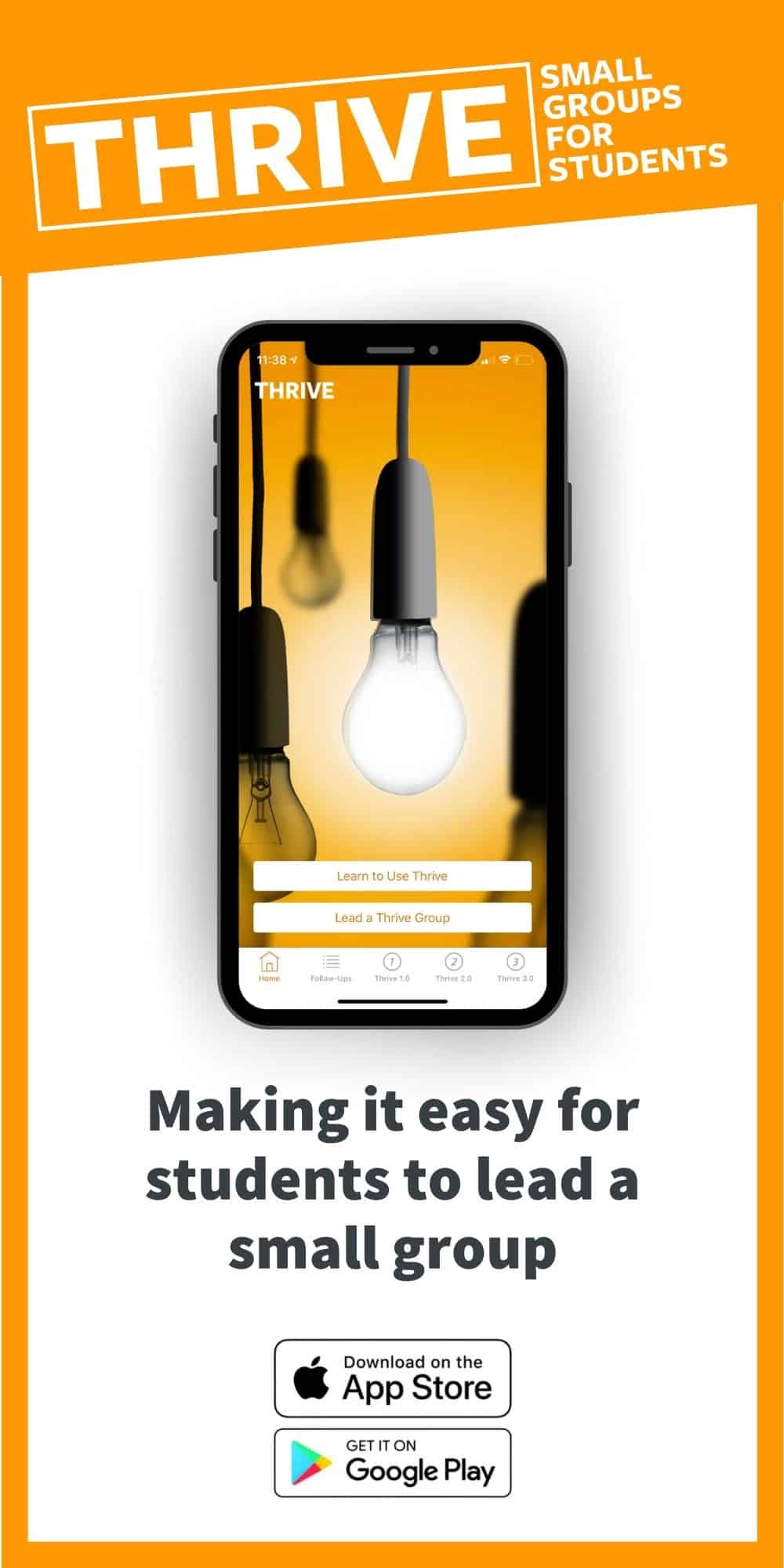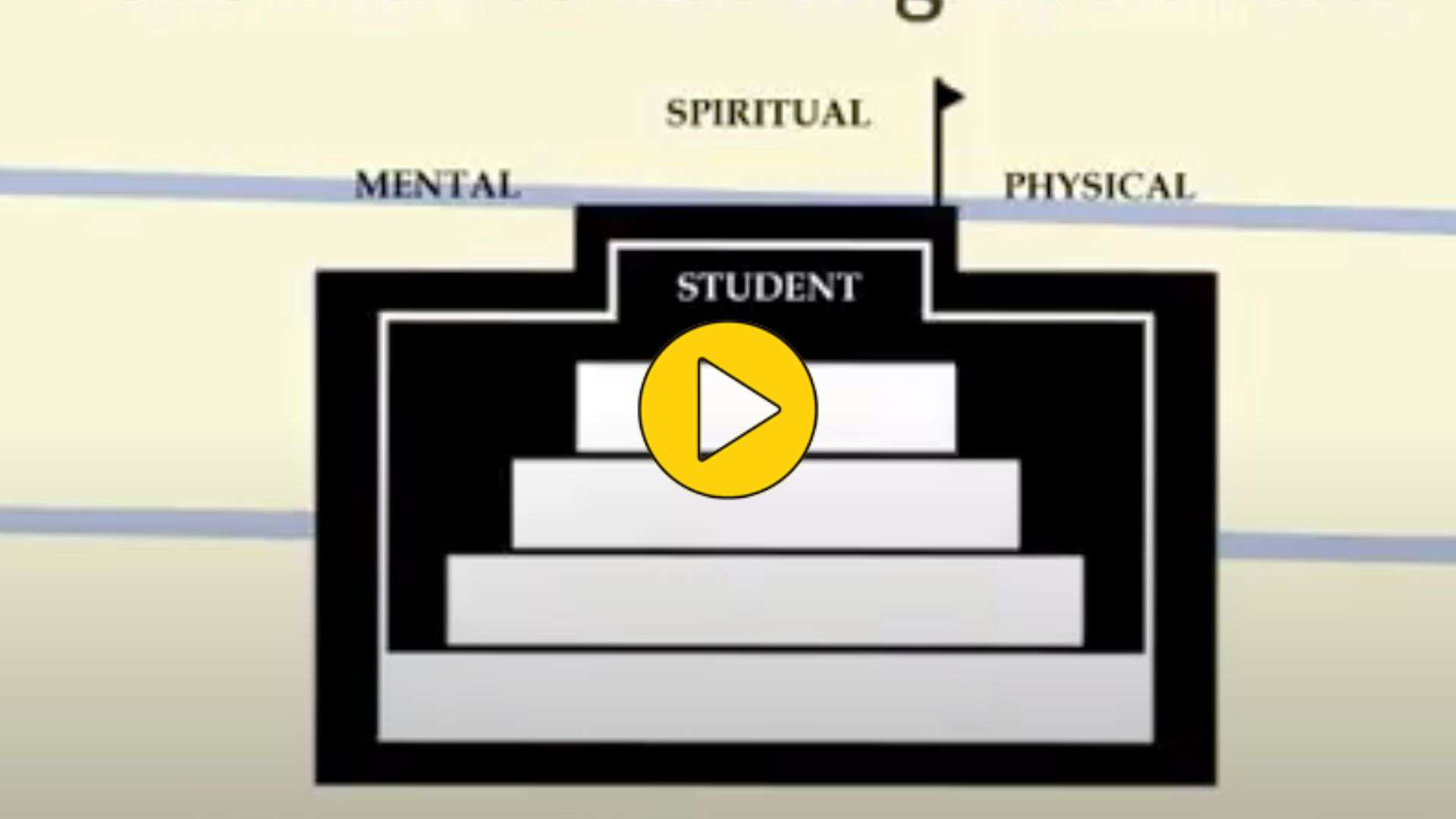*Check out the article “How to Set Up a Personal Appointment” before reading this one.
Now that you’ve set up a personal appointment with some students, let’s talk about what to do during the appointment.
Let’s imagine that you’re meeting with a student and two of their friends right after school. You’re probably wondering, what are we going to talk about? What do we want to see happen as a result of that time? And how do we even know if it’s successful or not?
The Purpose of the Appointment
A youth leader of more than 40 years once said, “There are three, and only three, keys to success in leading students: relationships, relationships, relationships.” The personal appointment is your best tool for building genuine connection with students. The purpose of a personal appointment is to create space for discovery. It’s a focused time for building trust and learning about one another. During the appointment, they discover who you are, what you do, your motivations, and more about God.
In Cru, we like to share Christ at the first possible opportunity. So, as you discover more about the students with whom you’re meeting, keep an ear open for spiritual interest. You never know when the first opportunity to share the gospel will present itself. After your appointment is over, ask if they want to meet with you again.
“There are three, and only three, keys to success in leading students: relationships, relationships, relationships.”
What to Do During the Appointment
Keep It Casual
Offer to buy them a drink or dollar menu item. Smile and banter about nothing of importance like sporting events, TV shows, and movies that you’ve seen. Find a common thread of interest, something you can all talk about. You’re there for self-discovery and self-disclosure, but you want to be careful about sharing too much too quickly. This can often put students on guard. You want to start building a relationship, but remember that you’re an adult and they’re an adolescent. The first appointment is to start building relationships, like building a bridge. This takes time and patience.
Answer Their Questions
They will ask you questions and have questions left unspoken. They’re probably wondering who you are. They’re probably asking, “How do you relate to the school?” They’re curious if you can be trusted. Be ready to answer the questions they have for you.
Know Your Purpose for Meeting
This could be sharing Christ with them, talking about “School Within a School,” challenging them to go to a conference, sharing the follow-up material, anything along those lines. Keep the purpose of meeting with your students in mind, and it will be easy to stay on track.
Set up the Next Appointment
You could ask if the same time next week would work for them. Once you find a good time to meet again, put it in your calendar. Remember to text them the night before to remind them of your next appointment.
Some Final Tips
Don’t talk too much about yourself. Ask a lot of questions. Pray, pray, and pray some more. Always have a plan B. In the event they don’t show up, go to campus, pray for them, or text another student. It’s okay when plans change; it happens to all of us.
The goal of your first appointment is to start building the relationship and get a second appointment. Meeting with students is the first step in the journey of seeing them win, build, and send for Christ.









